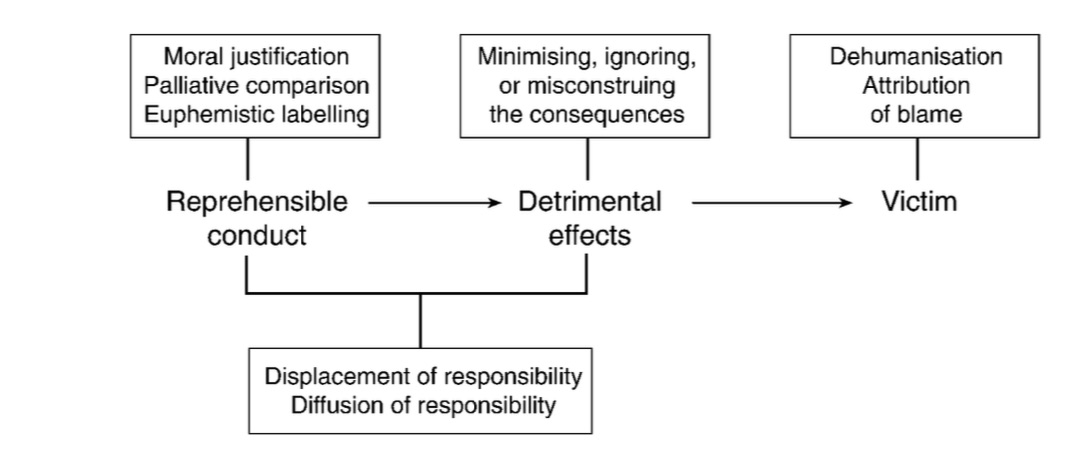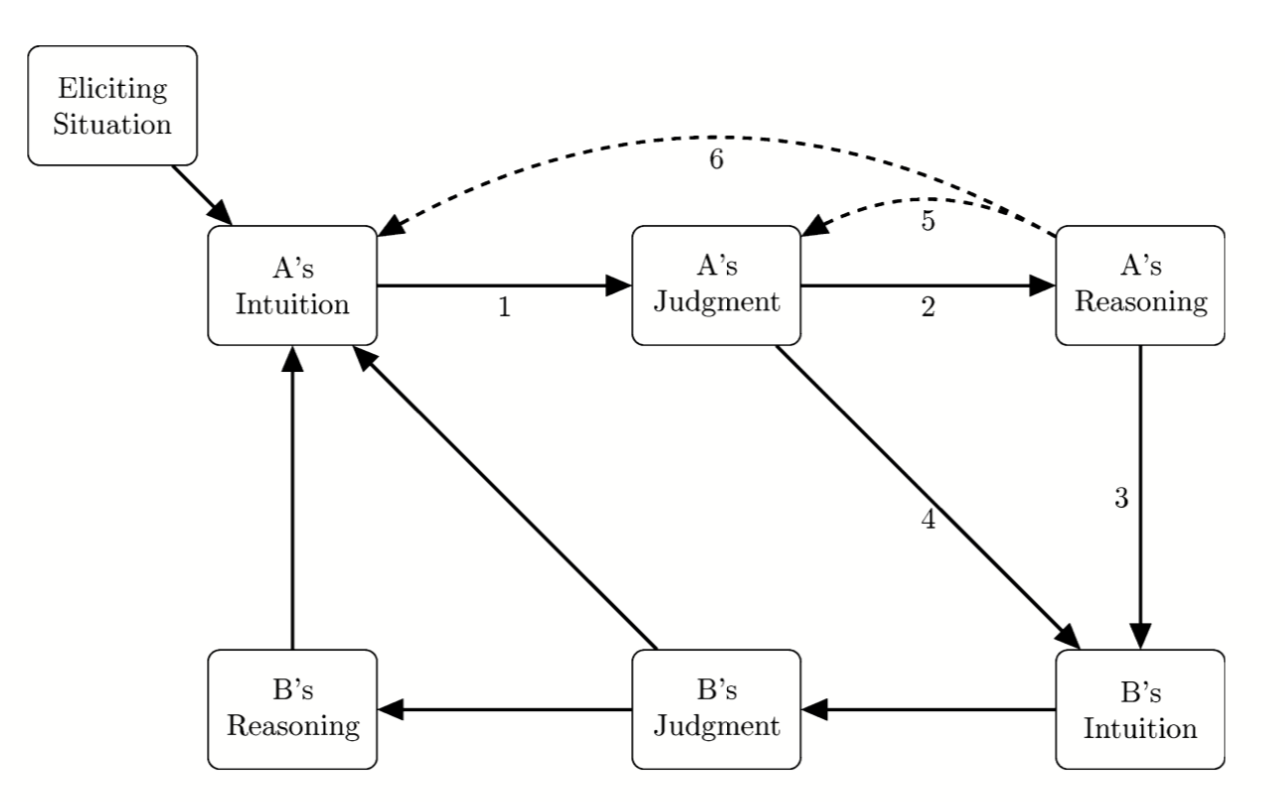Click here and press the right key for the next slide.
(This may not work on mobile or ipad. You can try using chrome or firefox, but even that may fail. Sorry.)
also ...
Press the left key to go backwards (or swipe right)
Press n to toggle whether notes are shown (or add '?notes' to the url before the #)
Press m or double tap to slide thumbnails (menu)
Press ? at any time to show the keyboard shortcuts
How to write the essay?
Answer the question.
Nuance is good.
(But feel free to focus on any aspect of it:
‘In order to know A we need to establish B.
One obstacle to establishing B is ...’)
It’s not about you.
If you take a side (e.g. Huebner et al’s), justify doing so.
But how can I avoid being too descriptive?
Matt’s tip: Why does each of the views pose a puzzle for the other size?
Diogo’s tip: Don’t try to explain everything. If you find something fishy, focus on that.
Does I need to be original?
Not here.
How much should I read?
first draft: as little as possible (yyrama essential readings only)
second draft: as much as possible
Emily H (also Anna R, Svenja)
‘At the end of this week's lectures, you indicate that there is a new puzzle: ‘moral intuitions are sometimes driven by reasoning from known principles’. How can we call these intuitions then? Surely, by our definition, moral intuitions are unreflective ethical judgements?’
example: displacement of responsibility
The Tale of the Great and Glorious Leader
Promise. ‘I will build 2000 miles of new concrete wall’
‘This will measurably reduce incidents of rape’
Outcome. Not much, if any, wall.
Option 1. Recognise that Great and Glorious Leader was untrue.
Moral intuition: Great and Glorious Leader’s actions were bad.
Consequences: Conflict with family and friends; feelings of betrayal; loss of confidence.
Option 2. Identify excuses.
Moral intuition: Great and Glorious Leader’s actions were good.
Consequences: Harmony with family and friends; righteous anger.

Moral intuitions are unreflective ethical judgements.
They are triggered by situations.
Reasoning from known principles cannot directly influence moral intuitions.
Reasoning from known principles can
modify how events are interpreted,
which aspects are attended to,
and how actions are categorised,
and so indirectly influence moral intuitions.
Emily H
‘At the end of this week's lectures, you indicate that there is a new puzzle: ‘moral intuitions are sometimes driven by reasoning from known principles’. How can we call these intuitions then? Surely, by our definition, moral intuitions are unreflective ethical judgements?’
People sometimes anticipate that they will have certain moral intuitions and reason from known principles in order to avoid having them.
Anna R
When talking about the central role of reason in moral disengagement, you mentioned that reason influences moral intuitions. But isn’t our intuition already present before reasoning?
Not in cases where there is anticipation.
How does reasoning change intuition?
People sometimes anticipate that they will have certain moral intuitions and reason from known principles in order to avoid having them.
Doesn’t it just create a new intuition in addition to the old one?
Svenja
How does the evidence that Bandura provides about reason and atrocity lead to the conclusion that we must reject the view that moral intuitions are always entirely the consequence of emotions?
Couldn’t we say that the reasoning comes after the initial intuition and the intuition itself remains the same?
People sometimes anticipate that they will have certain moral intuitions and reason from known principles in order to avoid having them.
Svenja’s Second Question
And in the figure in the Haidt & Bjorklund paper, the order of the process is said to be ‘intuition, judgement, reasoning’.
What happens between the intuition and the judgement for us to get from one to the other, if it’s not reasoning, and what then is the relation between them?

Haidt & Bjorklund (2008, p. figure 4.1)
Steve: moral intuitions are unreflective ethical judgements.
Sinnott-Armstrong et al. (2010, p. 256): ‘When we refer to moral intuitions, we mean strong, stable, immediate moral beliefs.’
‘moral judgment is a product of quick and automatic intuitions’
(Haidt & Bjorklund, 2008, p. 181)
Svenja’s Second Question
And in the figure in the Haidt & Bjorklund paper, the order of the process is said to be ‘intuition, judgement, reasoning’.
What happens between the intuition and the judgement for us to get from one to the other, if it’s not reasoning, and what then is the relation between them?
more questions?
